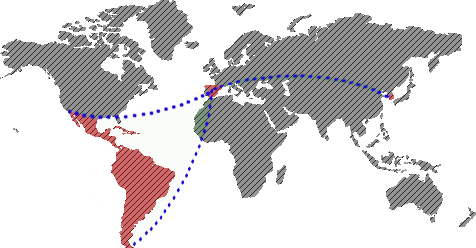Sejong, April 16 (Yonhap) - South Korea drafted a supplementary budget worth 17.3 trillion won (15.4 billion dollars) this year, in order to revitalize its economy, which is faces bleak market conditions both inside and outside the country.
The budget plan, which was approved by a meeting of the Cabinet, is the highest since 2009, when the country had 28.4 trillion won (25.1 billion dollars) in additional costs due to the global financial crisis.
The proposal for the final supplementary budget that will be added to an original annual budget of 342 trillion won (302.7 billion dollars) by 2013, will be presented on Thursday to the National Assembly for approval.
"The economy is currently going through a period of low growth, expanded less than one percent for almost two years, making it difficult for our people to make a living, and affecting the overall economic vitality," said Minister for Strategy and Finance, Oh Hyun-seok.
"We developed this extraordinary budget large enough for our fiscal capacity to play an active role in ensuring that our economy regains its growth momentum," he added.
Supplementary budget would plan, 12 trillion won (10.6 billion dollars) will be used to offset the estimated revenue shortfalls caused, this year, by the slowdown in the economic recovery and abandoned plans to sell shares in banks, said the ministry, in charge of the country's budget issues.
The remaining 5.3 trillion won (4.7 billion dollars) is a net increase in the government budget, which will be spent mainly on promoting job creation and stabilization of livelihoods ordinary working class.
In particular, the government plans to use the money to create nearly 40,000 more jobs, a move that is expected to encourage the private sector to join efforts for job creation led by the State.
Moreover, the Government will also use state funds worth 2 trillion won (1.8 billion dollars) to stimulate the depressed housing market.
To fund the additional budget, the government plans to issue bonds worth a total of 15.9 trillion won (14.1 billion dollars). The rest will be financed through the use of tax surplus last year and other resources, to minimize debt sale, the ministry said.
"There will inevitably see our tax status temporarily worsen due supplementary budget, but I think the most important thing is to normalize economic growth through such stimulus measures and finally lay the foundation for a stronger fiscal health in the long term," said Hyun.
The extraordinary budget plan is the latest in a series of economic stimulus measures that the new government presented, after taking office in February, to revive the sluggish economy.





